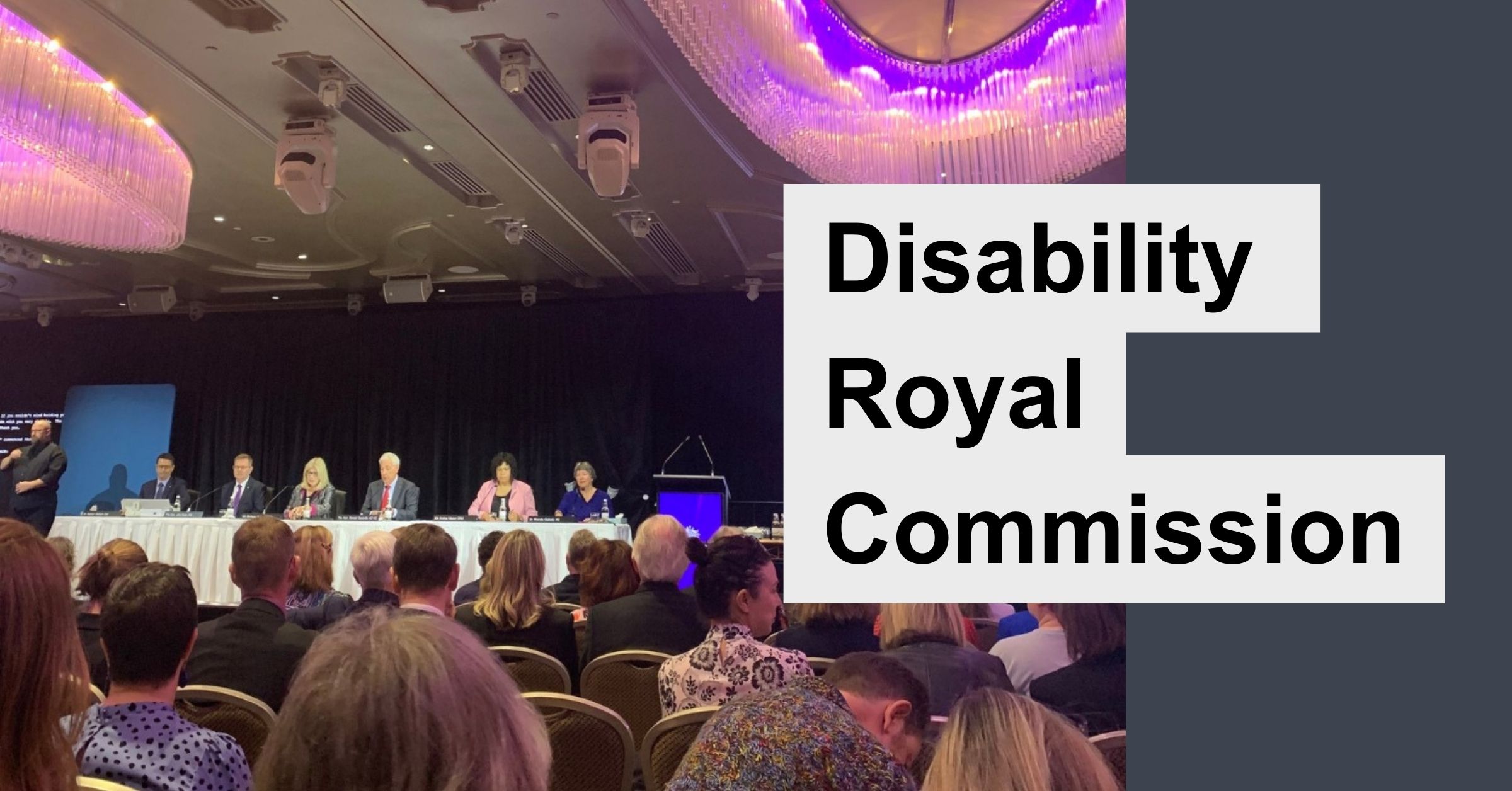⚠️ Content note: Reference to violence, abuse, neglect, and exploitation of people with disability.
Today’s government response to the Disability Royal Commission is deeply unsettling for children and young people with disability.
The Federal Government’s decision to merely ‘note’ the recommendation to phase out segregated education, and the lack of clear commitment from states and territories, is a disappointing shirking of responsibility.
“Today’s response is a failure of leadership and a betrayal of children and young people with disability across the country,” said CYDA CEO Skye Kakoschke-Moore.
“We owe it to the next generation of students with disability to act swiftly and decisively in phasing out segregated education and transforming Australia’s education system.
“Instead, the Federal Government has failed to take a firm stance on or fund efforts to strengthen inclusive education.
“States and territories must step up, but they need support from the Federal level to make inclusive education a reality. A patchwork approach will only perpetuate discrimination and inequality.”
The four-and-a-half-year Royal Commission’s report, released last September, made 222 recommendations, including to end segregated education by 2051.
At the time, CYDA said this unambitious 28-year timeline would condemn another two generations of children with disability to a damaging and discriminatory system.
A 2022 CYDA survey found 70% of students with disability were excluded from school activities while an alarming 65% experienced bullying.
Today, not a single state or territory government that has published its response to the Royal Commission has accepted the recommendation to phase out segregated education by moving to a fully inclusive education system.
This is despite research showing students of all abilities experience significantly better learning, social, behavioural, and physical development outcomes when taught in inclusive settings.
“Every student with disability, no matter their postcode, deserves to live and learn alongside their peers, from those crucial early years to high school and beyond,” said Ms Kakoschke-Moore.
“Ensuring this right to start together and stay together throughout the learning journey is essential if we want to build an inclusive society free from violence, abuse, neglect, and exploitation of children and young people with disability.”
CYDA acknowledges commitments to adopt some recommendations affecting children and young people with disability but stresses the lack of decisive action on inclusive education undermines these efforts.
It welcomes the in-principle commitment to a National Roadmap to Inclusive Education, a commitment to reform the Disability Discrimination Act, an investment of $12.1m to amend the Migration Health Requirement, and funding increase for advocacy organisations.
The in-principle acceptance to prevent exclusionary practices against students with disability needs to be a priority for all governments.
While a funding commitment of $1.2m to developing targets for eliminating restrictive practices is welcome, further investment is vital.
Restrictive practices constitute a breach of human rights, yet one in four students with disability reported experiencing restraint or seclusion in a 2022 CYDA survey.
These practices cause trauma and harm and must be totally eliminated.
For more information or further comment, please contact CYDA:
Email: [email protected]
Phone: (03) 9417 1025


